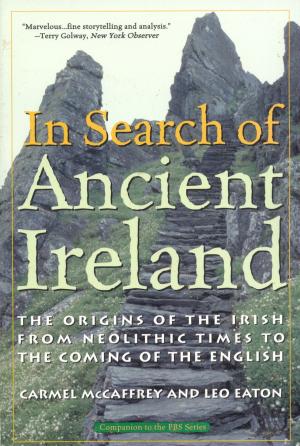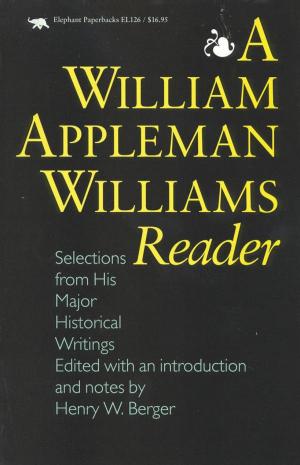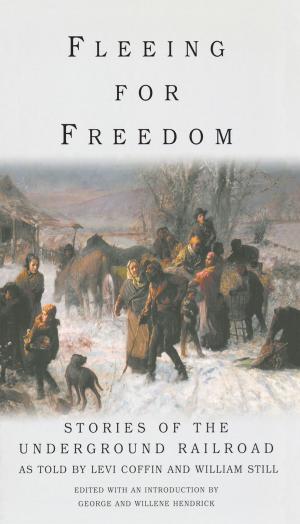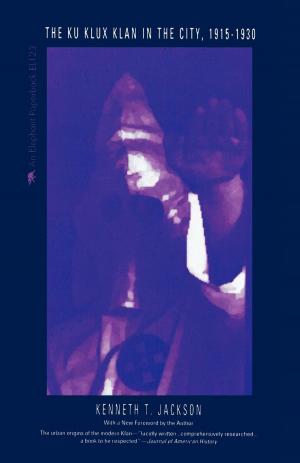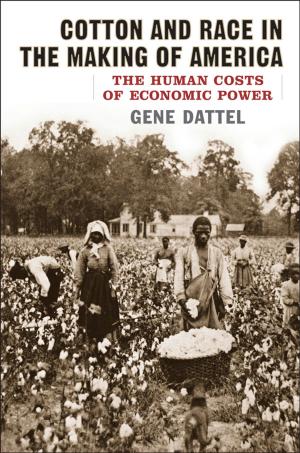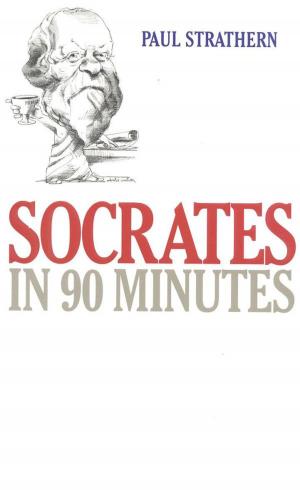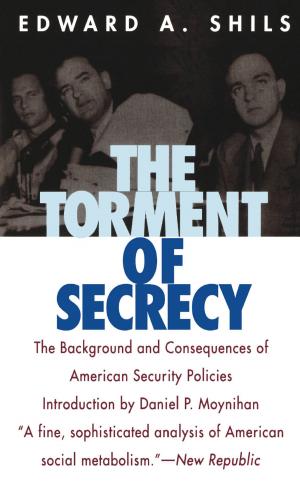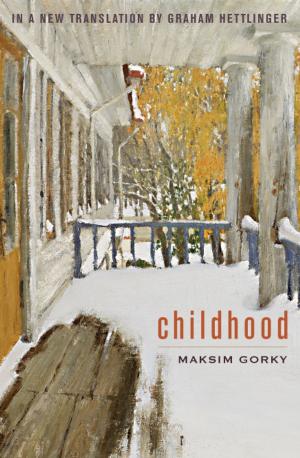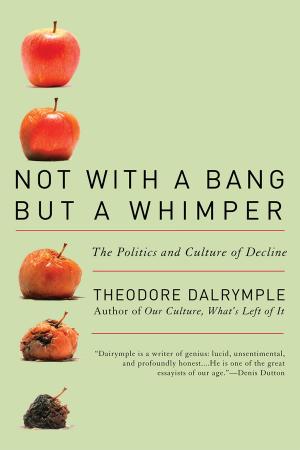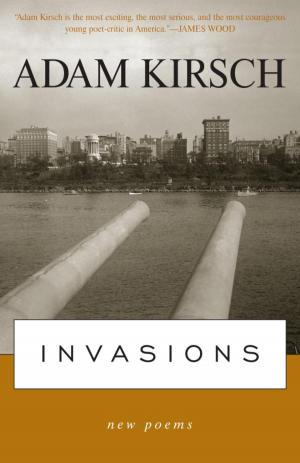| Author: | Aldous Huxley | ISBN: | 9781461741367 |
| Publisher: | Ivan R. Dee | Publication: | August 1, 1992 |
| Imprint: | Ivan R. Dee | Language: | English |
| Author: | Aldous Huxley |
| ISBN: | 9781461741367 |
| Publisher: | Ivan R. Dee |
| Publication: | August 1, 1992 |
| Imprint: | Ivan R. Dee |
| Language: | English |
When Aldous Huxley's Brave New World first appeared in 1932, it presented in terms of purest fantasy a society bent on self-destruction. Few of its outraged critics anticipated the onset of another world war with its Holocaust and atomic ruin. In 1948, seeing that the probable shape of his anti-utopia had been altered inevitably by the facts of history, Huxley wrote Ape and Essence. In this savage novel, using the form of a film scenario, he transports us to the year 2108. The setting is Los Angeles where a "rediscovery expedition" from New Zealand is trying to make sense of what is left. From chief botanist Alfred Poole we learn, to our dismay, about the twenty-second-century way of life. "It was inevitable that Mr. Huxley should have written this book: one could almost have seen it since Hiroshima is the necessary sequel to Brave New World."—Alfred Kazin. "The book has a certain awesome impressiveness; its sheer intractable bitterness cannot but affect the reader."—Time.
When Aldous Huxley's Brave New World first appeared in 1932, it presented in terms of purest fantasy a society bent on self-destruction. Few of its outraged critics anticipated the onset of another world war with its Holocaust and atomic ruin. In 1948, seeing that the probable shape of his anti-utopia had been altered inevitably by the facts of history, Huxley wrote Ape and Essence. In this savage novel, using the form of a film scenario, he transports us to the year 2108. The setting is Los Angeles where a "rediscovery expedition" from New Zealand is trying to make sense of what is left. From chief botanist Alfred Poole we learn, to our dismay, about the twenty-second-century way of life. "It was inevitable that Mr. Huxley should have written this book: one could almost have seen it since Hiroshima is the necessary sequel to Brave New World."—Alfred Kazin. "The book has a certain awesome impressiveness; its sheer intractable bitterness cannot but affect the reader."—Time.

